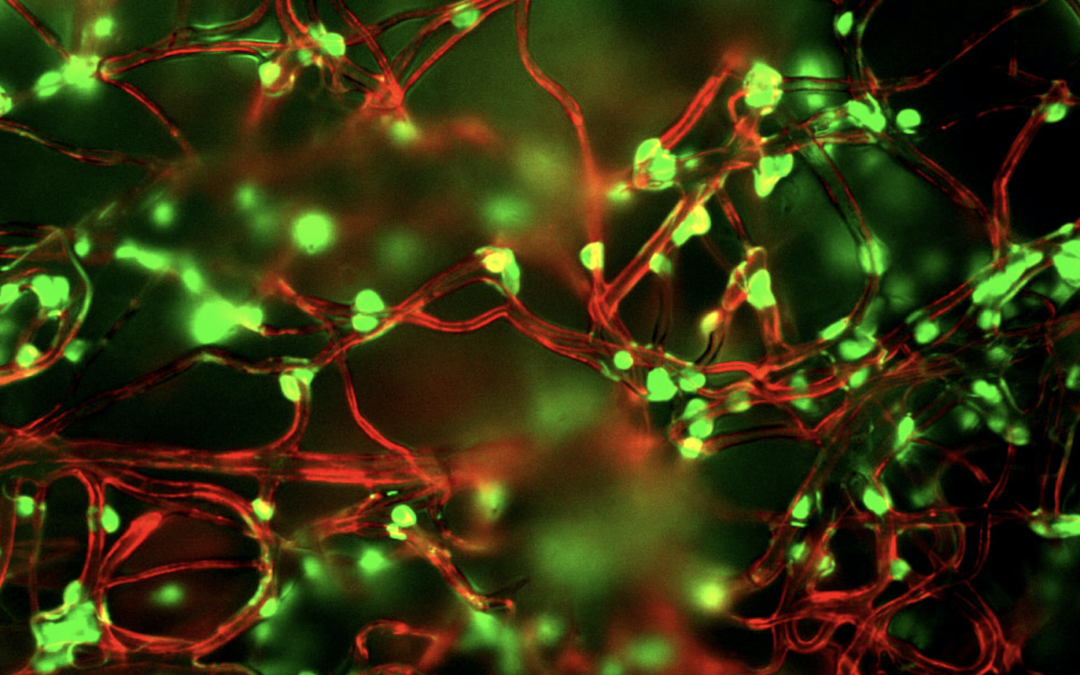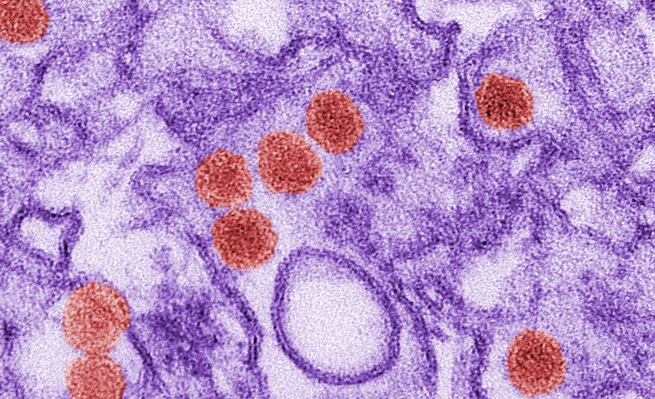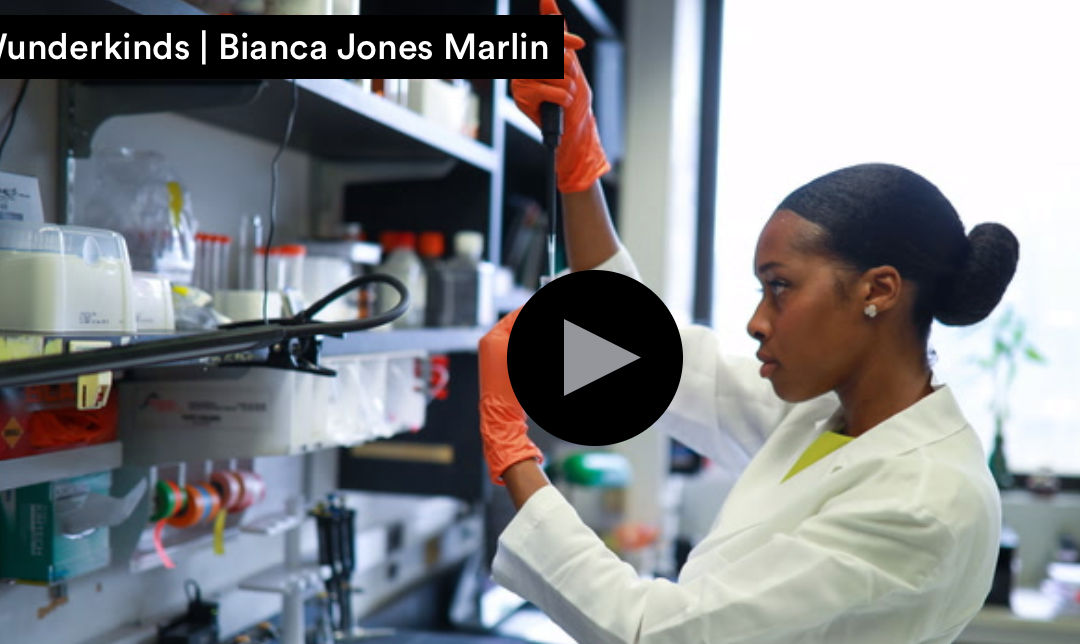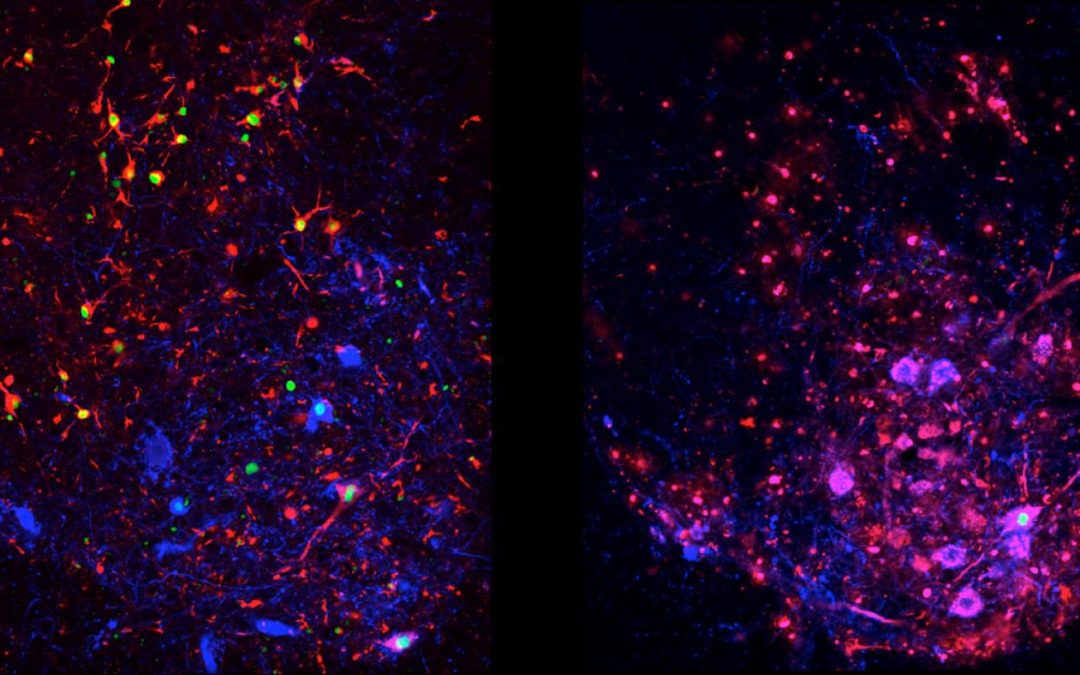
January 17, 2018
engineering
medicine
Columbia University biomedical engineers have designed a new, biomaterials-based system that takes a soft approach to improving cell manufacturing and may bring new hope to cancer patients for T-cell therapy.

November 15, 2017
data science
medicine
A new Columbia analysis of health information from more than 10 million people living in three countries and five different climates sheds light on the prenatal environmental exposures that link birth season and disease risk.

November 8, 2017
medicine
neuroscience
New Zika research from Columbia University suggests that high rates of microcephaly in Brazil were not caused by new mutations in the virus, as previously believed.

November 6, 2017
medicine
neuroscience
Bianca Jones Marlin, Ph.D., is among the first of a group of early-career North American scientists to receive a STAT Wunderkinds award, which recognizes the brightest young minds in life science.

September 13, 2017
medicine
neuroscience
A new study in mice reveals that one of the body’s natural defenses against ALS suppresses disease progression early on, but in later stages advances the disease’s deadly spread through the spinal cord.





